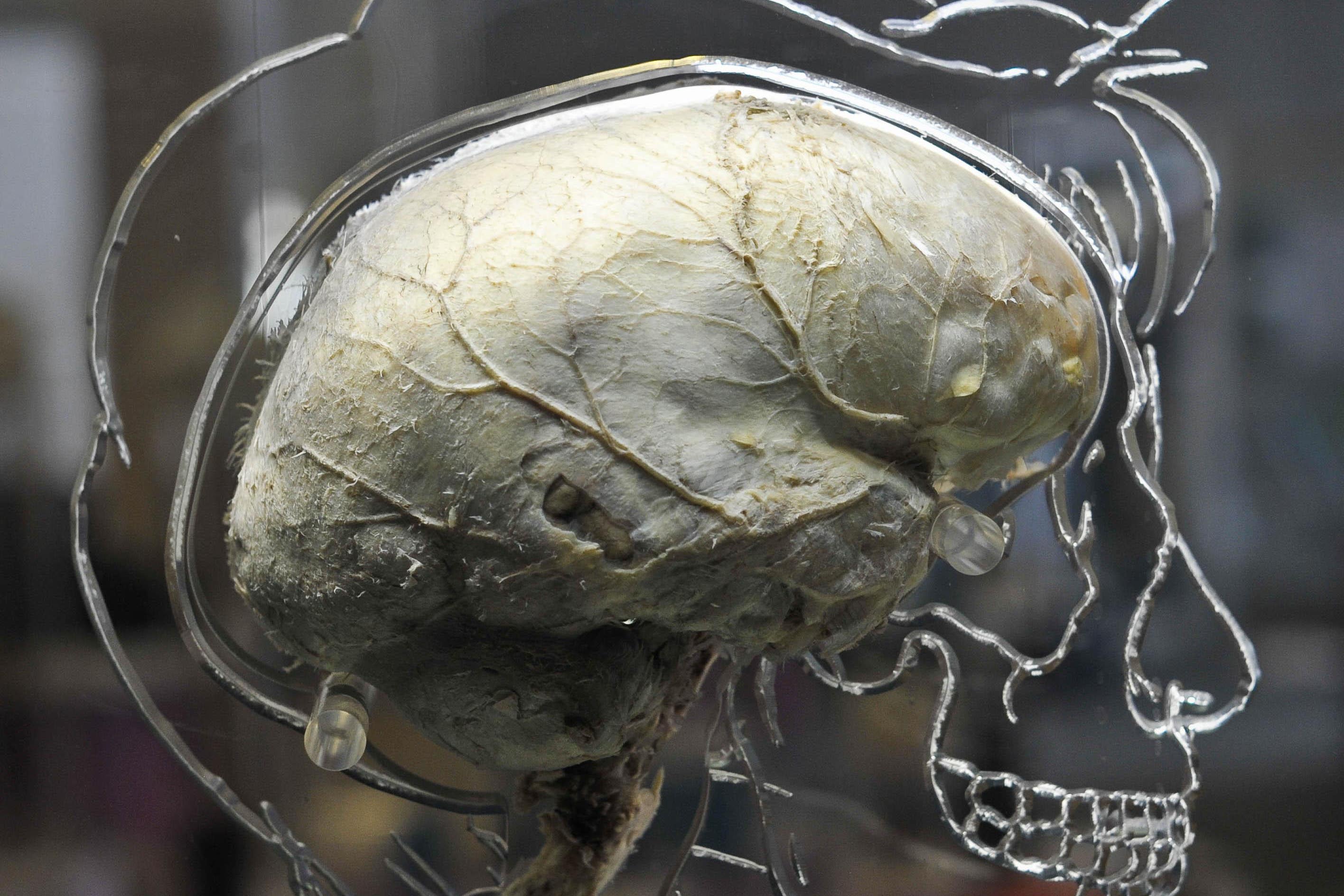Parkinson’s ‘in a dish model’ may pave way for personalised treatment – study
Parkinson’s disease is a condition in which parts of the brain become progressively damaged over many years.

Your support helps us to tell the story
From reproductive rights to climate change to Big Tech, The Independent is on the ground when the story is developing. Whether it's investigating the financials of Elon Musk's pro-Trump PAC or producing our latest documentary, 'The A Word', which shines a light on the American women fighting for reproductive rights, we know how important it is to parse out the facts from the messaging.
At such a critical moment in US history, we need reporters on the ground. Your donation allows us to keep sending journalists to speak to both sides of the story.
The Independent is trusted by Americans across the entire political spectrum. And unlike many other quality news outlets, we choose not to lock Americans out of our reporting and analysis with paywalls. We believe quality journalism should be available to everyone, paid for by those who can afford it.
Your support makes all the difference.Researchers have created Parkinson’s disease in a Petri dish, a development which they hope will pave the way for personalised treatments for the condition.
Scientists in America report a new model which converts stem cells to brain cells characteristic of Parkinson’s disease within weeks.
This means they are able to create personalised stem cell models with opportunities to test treatments.
The new study, published in the journal Neuron, suggests how the model could one day be used to develop personalised diagnostic and treatment methods for Parkinson’s disease.
This technology will pave the way for rapidly developing ‘personalised' stem cell models from individual patients
Senior author Vikram Khurana, chief of the Movement Disorders Division at Brigham and Women’s Hospital, said: “We sought to assess how quickly we could make human brain cells in the lab that give us a window into key processes occurring in the brains of patients with Parkinson’s disease and related disorders like multiple system atrophy and Lewy body dementia.
“And, unlike previous models, we wanted to do this in a short enough timeframe for these models to be useful for high-throughput genetic and drug screens and easy enough for many labs to use across academia and industry.”
Co-first author Isabel Lam, said: “This technology will pave the way for rapidly developing ‘personalised’ stem cell models from individual patients.
“These models are already being used to efficiently test new diagnostic and treatment strategies ‘in a dish’ before jumping into clinical trials so we target the right drug to the right patient.”
The new technology not only enables the transformation from stem cells to brain cells to occur reproducibly within weeks instead of months, but also allows researchers to develop models that reflect the diverse disease.
Parkinson’s disease is a condition in which parts of the brain become progressively damaged over many years.
The main symptoms are involuntary shaking of particular parts of the body (tremor), slow movement, and stiff and inflexible muscles
According to Parkinson’s UK, around 153,000 people in the country live with the disease, and it is the fastest-growing neurological condition in the world.
The researchers say that existing “Parkinson’s in a dish” models can effectively transform stem cells into brain cells, but not within a reasonable enough timeframe to study individual disease in order to guide tailored treatment strategies.
This is important because patients with the condition are diverse and may need different treatments.